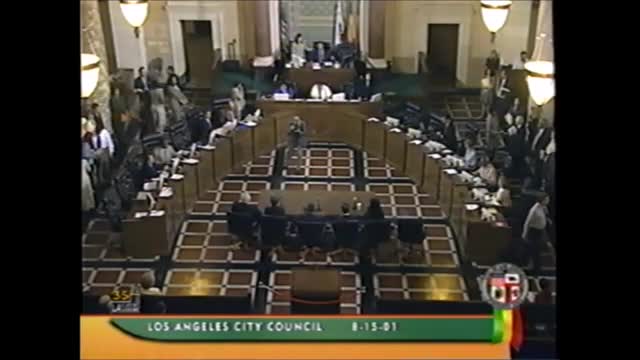Article not found
This article is no longer available. But don't worry—we've gathered other articles that discuss the same topic.
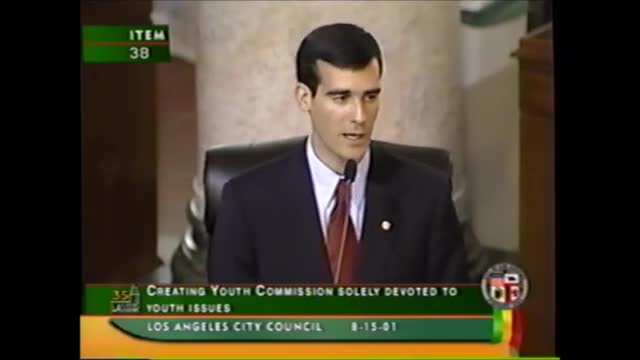
Council directs study to create a Los Angeles Youth Commission
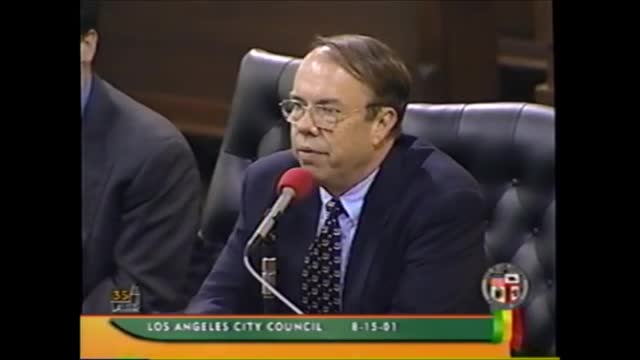
Council approves redistricting commission setup and data plan; urges shared data and public process
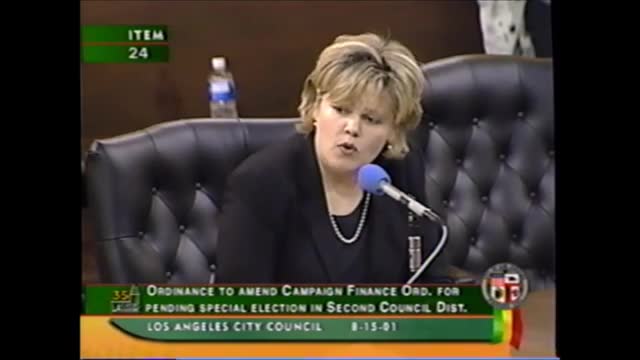
Council sustains mayor's veto of Ethics Commission's campaign-finance ordinance; committee follow-up directed
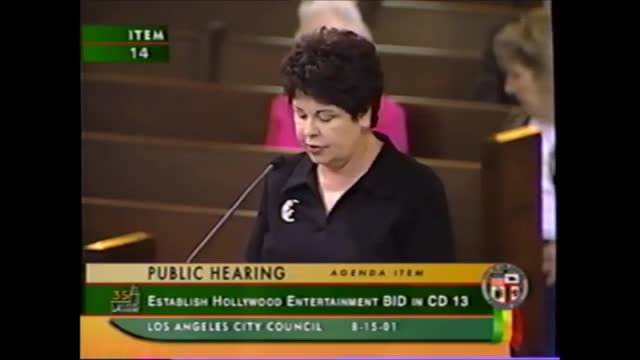
Council renews Hollywood Business Improvement District amid mixed public comments
